Low Vitamin D Rheumatoid Arthritis
The Facts About Vitamin D and RA

Patient Advocate Reviewer

iStock
Q: What's the link between rheumatoid arthritis and vitamin D?
The studies show an association between RA and D deficits, not causality. That means we don't know if low D contributes directly to the autoimmune disease, or if it's just the consequence of a dysfunctional immune system. But ultimately, it may not matter which is correct. By getting enough D, "You're feeding the immune system what it needs to limit attacks," says Dr. Hylland.
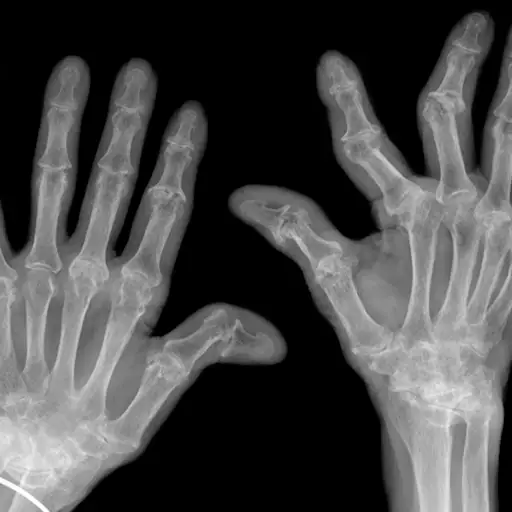
iStock
Q: Can getting more vitamin D improve my RA symptoms?
It might. "Right now it looks like rheumatoid arthritis patients tend to have lower vitamin D levels," says Dr. Hylland. "So we recognize it probably plays an important role." Dr. Hylland estimates over half of his own RA patients are D deficient. Vitamin D levels may impact the severity of RA, too. In a 2018 study from India, RA patients with the most severe symptoms had D levels far lower than the average level among patients in remission or those with mild symptoms. Other studies have found similar results, prompting medical researchers to speculate whether vitamin D supplementation should be considered in RA treatment.
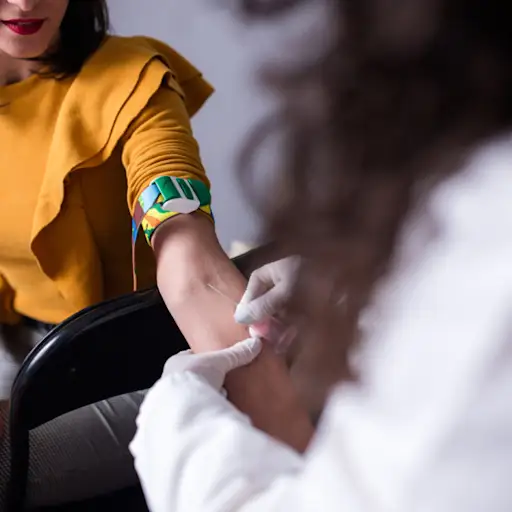
iStock
Q: How do I check if my vitamin D levels are low?
Ask your doctor for a simple blood test called a total serum 25-hydroxy vitamin D test, which is generally covered by insurance, says Weijia Yuan, M.D., a rheumatologist at the Hospital for Special Surgery in New York City. While experts disagree on what constitutes a healthy level, the NIH recommends between 20 and 50 ng/mL. (Anything below 20 is considered inadequate, and below 12 is deficient.) "Ideally, you should be around 50," says Dr.
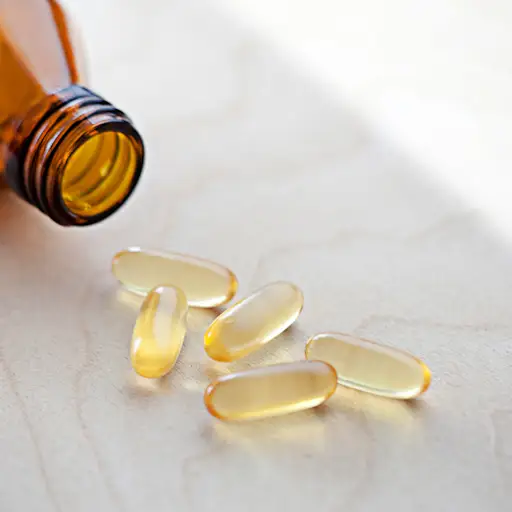
iStock
Q: How much vitamin D do I need?
The NIH recommends 600 IU of vitamin D a day for those 70 and under, and 800 IU after that. But deficient adults may benefit from adding up to 2,000 IU a day (or up to 4,000 IU if you're over 75). Dr. Yuan recommends her RA patients take a daily supplement of 2,000 IU of vitamin D3, the most easily absorbed kind. Pro tip: If you're on a calcium supplement, try taking both together—they work synergistically for bone health.

iStock
Q: Can I get my Vitamin D through food?
You can, but it can be tough through diet alone since few foods contain it. Egg yolks, mushrooms, and fortified foods have some D. But the best sources are fatty fish like salmon, trout, swordfish, mackerel, and tuna. Bonus: The omega-3s found in fish have anti-inflammatory properties that may help control the inflammation of RA. Eating fish at least twice a week is associated with lower disease activity in RA patients, a study in Arthritis Care & Research found.

iStock
Q: Well, can't I get it from the sun?
This one's tricky. Yes, sun exposure can boost your D levels — just 15 minutes can give you the equivalent of 2,000 to 4,000 IU. However, doctors may discourage this because of the risk of skin cancer, which occurs more frequently in RA patients on some biologic drugs. "It's safer and more effective to use an oral supplement," says Dr. Hylland. That said, no need to fear the outdoors. Just wear sunscreen!

iStock
Q: OK, I'm on board with D. Will I see immediate improvement?
Don't expect miracles. "You're not going to take 2,000 IUs of vitamin D and suddenly feel like your [insert achy body part] is better," notes Dr. Hylland. Dr. Yuan also encourages patience: "When you have a severe (active) disease, it can be very hard to raise the level of vitamin D. But when the disease quiets down, it's much easier."
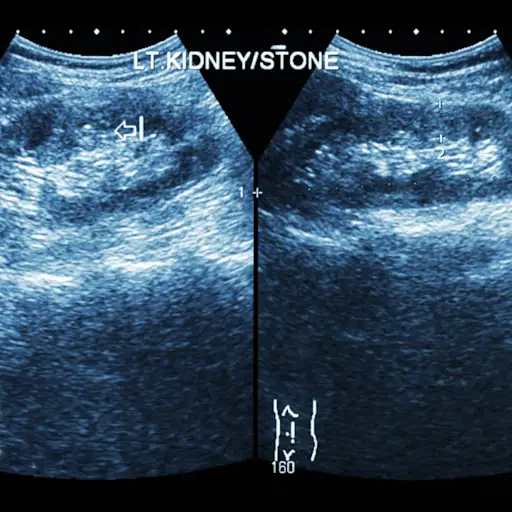
iStock
Q: Can I get too much vitamin D?
Yes. Excessive vitamin D supplementation over time can be toxic, leading to abnormal heart rhythms, kidney stones, muscle weakness, and confusion. Still, this is rare and happens only with extremely high-dose supplementation—60,000 IU a day for several months, according to the Mayo Clinic. Your doctor can help you find the right dose for you. (Probably a lot lower than that!)
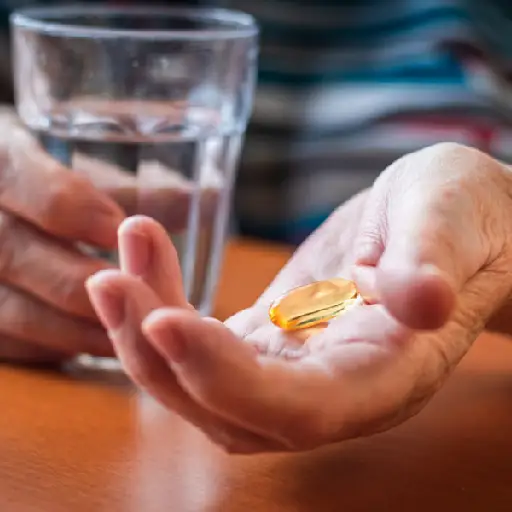
iStock
Q: Can my RA drugs affect vitamin D absorption?
Glad you asked. Yes, some medications for rheumatoid arthritis can affect how your body absorbs D, in particular hydroxychloroquine (Plaquenil) and corticosteroids. If you're on one of these medications, talk to your doctor before taking a vitamin D supplement.

Meet Our Writer
Jerilyn Covert
Jerilyn Covert is a writer, editor, and copy editor with 15 years of publishing experience. She's written hundreds of articles for Men's Health (where she was an editor for more than 10 years), Women's Health, Runner's World, ONE37pm, Whiskey Advocate, Silver Sneakers, and many more. She's insatiably curious and loves interviewing people who know a lot more than she does. She shares their insights and advice so others can use them to improve their lives.
Low Vitamin D Rheumatoid Arthritis
Source: https://www.healthcentral.com/slideshow/10-facts-about-vitamin-d-and-rheumatoid-arthritis
